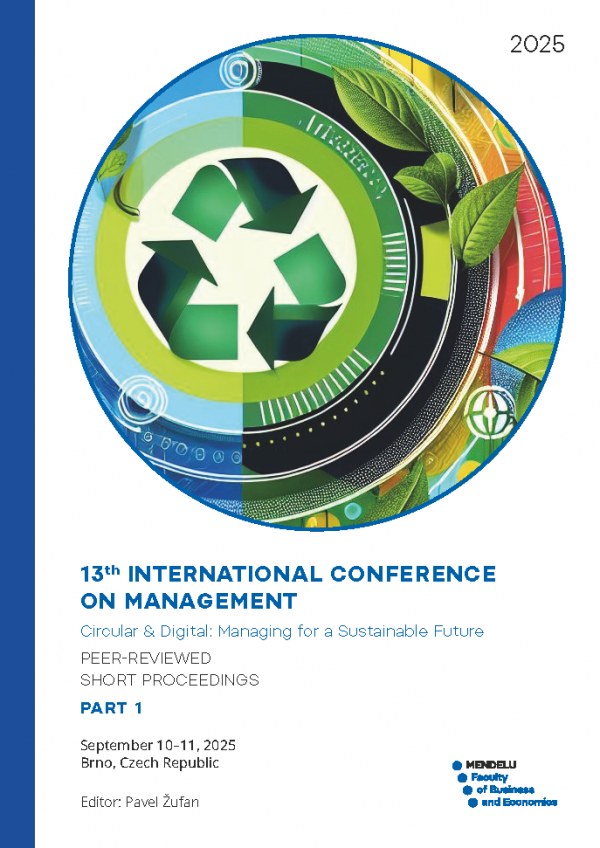
DOI: 10.11118/978-80-7701-042-9-0111
CULTURE, LAW AND MEDIATION: SOCIAL PERCEPTIONS IN THE RESOLUTION OF CONFLICTS IN BRAZIL AND POLAND
- Sidney Soares Filho1, Leszek Cichobłaziński2
- 1 Universidade de Fortaleza (UNIFOR), Brazil
- 2 Częstochowa University of Technology (CUT), Poland
The comparative analysis between Brazil and Poland reveals that the advancement of mediation as a sustainable method for conflict resolution depends not only on legal frameworks and institutional policies, but also – critically – on cultural legitimacy and social trust. Both countries have developed comprehensive mediation laws and judicial mechanisms, yet these remain underutilized due to deep-rooted adversarial legal cultures and a general lack of awareness among citizens and legal professionals. Despite structural similarities in their challenges, Brazil and Poland also present unique opportunities to strengthen mediation practices. Brazil benefits from a growing movement toward community mediation and a legal education system that increasingly incorporates alternative dispute resolution. Poland, on the other hand, demonstrates promising judicial engagement and the potential for EU-backed reforms to stimulate broader adoption.
Klíčová slova: mediation, conflict management and resolution, legal culture, sustainable justice
stránky: 111-112, online: 2025
Reference
- Conselho Nacional de Justiça (CNJ). 2010. Resolução nº 125/2010. Brasília. [Accessed: 2025-03-29]. https://atos.cnj.jus.br/atos/detalhar/segundo-grau/3155
- Soares Filho, S., Cichobłaziński, L. 2020. A Mediação Nos Conflitos Trabalhistas: Estudo Comparado Internacional Entre Brasil E Polônia. Revista Eletrônica do Curso de Direito da UFSM. 15(3), e48172-e48172. [Accessed: 2025-04-04]. https://periodicos.ufsm.br/revistadireito/article/view/48172
 Přejít k původnímu zdroji...
Přejít k původnímu zdroji... - Zienkiewicz, A. 2021. Mediation in the Polish Civil Procedure: Between Norm and Practice. In: Wi¶niewski, J. (ed.). Contemporary Legal Approaches to Dispute Resolution. Warsaw: Wolters Kluwer, pp. 55-70.


